US tightens noose on Iran regime with IRGC designation
- 2019-04-11 14:49:59


 Pierre Rayer: Art, Science, and Happiness: The Universal Mission of Transmission to Future Generations through Patronage at the Louvre Abu Dhabi
Pierre Rayer: Art, Science, and Happiness: The Universal Mission of Transmission to Future Generations through Patronage at the Louvre Abu Dhabi Ahly crowned Super champions after dramatic extra-time win over Modern Future FC
Ahly crowned Super champions after dramatic extra-time win over Modern Future FC Yemeni Honey..A Development Wealth Threatened By Conflict And Climate Change
Yemeni Honey..A Development Wealth Threatened By Conflict And Climate Change California wildfires: Millions warned of possible power cut
California wildfires: Millions warned of possible power cut Central African rebels launch attacks near capital
Central African rebels launch attacks near capital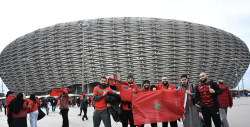 Morocco vs Senegal: Fans Speak Ahead of AFCON 2025 Final
Morocco vs Senegal: Fans Speak Ahead of AFCON 2025 Final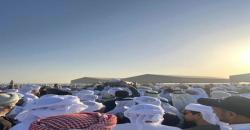 Abu Dhabi Bids Farewell to Former Southern President Ali Salem al-Beidh
Abu Dhabi Bids Farewell to Former Southern President Ali Salem al-Beidh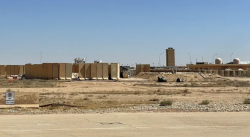 Iraq takes full control of air base after US withdrawal, defense ministry says
Iraq takes full control of air base after US withdrawal, defense ministry says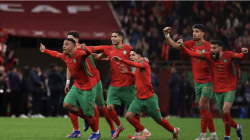 AFCON final - Morocco seek to overcome Senegal to seal symbolic victory after decades of investment
AFCON final - Morocco seek to overcome Senegal to seal symbolic victory after decades of investment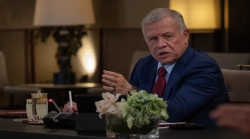 King Receives Invitation from Trump to Join Peace Council
King Receives Invitation from Trump to Join Peace Council
